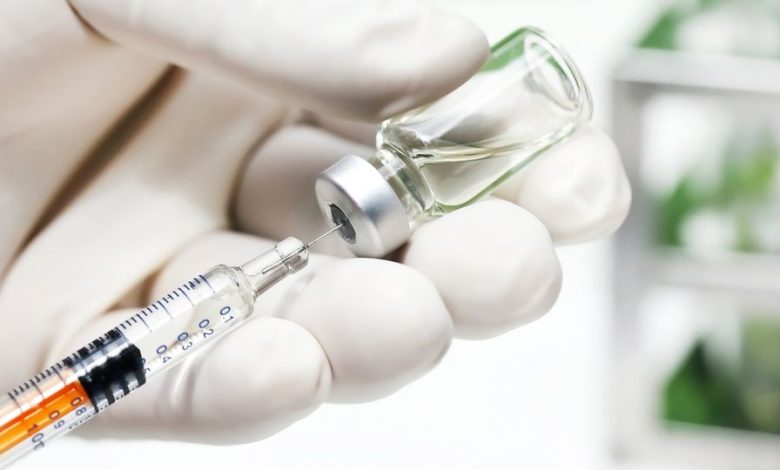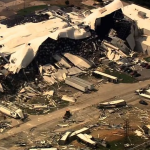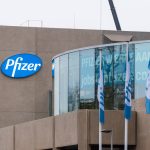Tornado Fallout: 50% of Pfizer Hospital Injectables in Short Supply

As of August 16, 2023, approximately half of the injectable drug solutions produced by Pfizer Hospital US are experiencing significant shortages, according to an illuminating product availability report provided by the renowned drug manufacturer. This report, a crucial indicator of the current pharmaceutical supply chain, sheds light on the dire state of affairs. Among the 519 injectable products listed in the report, a mere 249, which equates to a mere 48 percent, are currently labeled as available. This glaring imbalance underscores the severity of the crisis. Furthermore, the report specifies that 152 of these vital medications are entirely depleted in supply, while another 118 faces restricted availability, adding to the worrisome statistics.
Despite comprehensive insights into the availability status of these injectable drugs, the report conspicuously lacks any explanation for the underlying causes of these shortages. The conspicuous absence of rationale leaves medical professionals, patients, and industry analysts grappling with a multitude of questions and concerns. The intricacies of pharmaceutical production are complex, involving a multitude of factors, such as manufacturing processes, supply chain logistics, and unforeseen incidents.
One such incident that has significantly impacted the supply chain narrative is the devastating tornado that struck a Pfizer manufacturing plant and warehouse located in Rocky Mount, North Carolina. This facility, which once accounted for a substantial 8 percent of the nation’s injectable drug supply destined for hospitals, bore the brunt of the tornado’s fury. While the manufacturing processes escaped major damage, the storage infrastructure of the site suffered considerable harm. In response to this catastrophe, Pfizer was compelled to implement order limitations on a dozen drugs. The aftermath of the tornado has left 65 injectable solutions grappling with exacerbated or entirely new supply disruptions.
These dire circumstances underscore the intricate vulnerabilities present within the pharmaceutical supply chain, especially when crucial manufacturing and storage facilities are impacted by unforeseen natural disasters. The situation also highlights the critical importance of diversification and resilience strategies in ensuring a steady and reliable supply of vital medications. As healthcare professionals, patients, and industry stakeholders await further developments, the pharmaceutical landscape stands at a crossroads, urging swift remedial actions and innovative solutions to restore stability and ensure uninterrupted access to life-saving medications.





